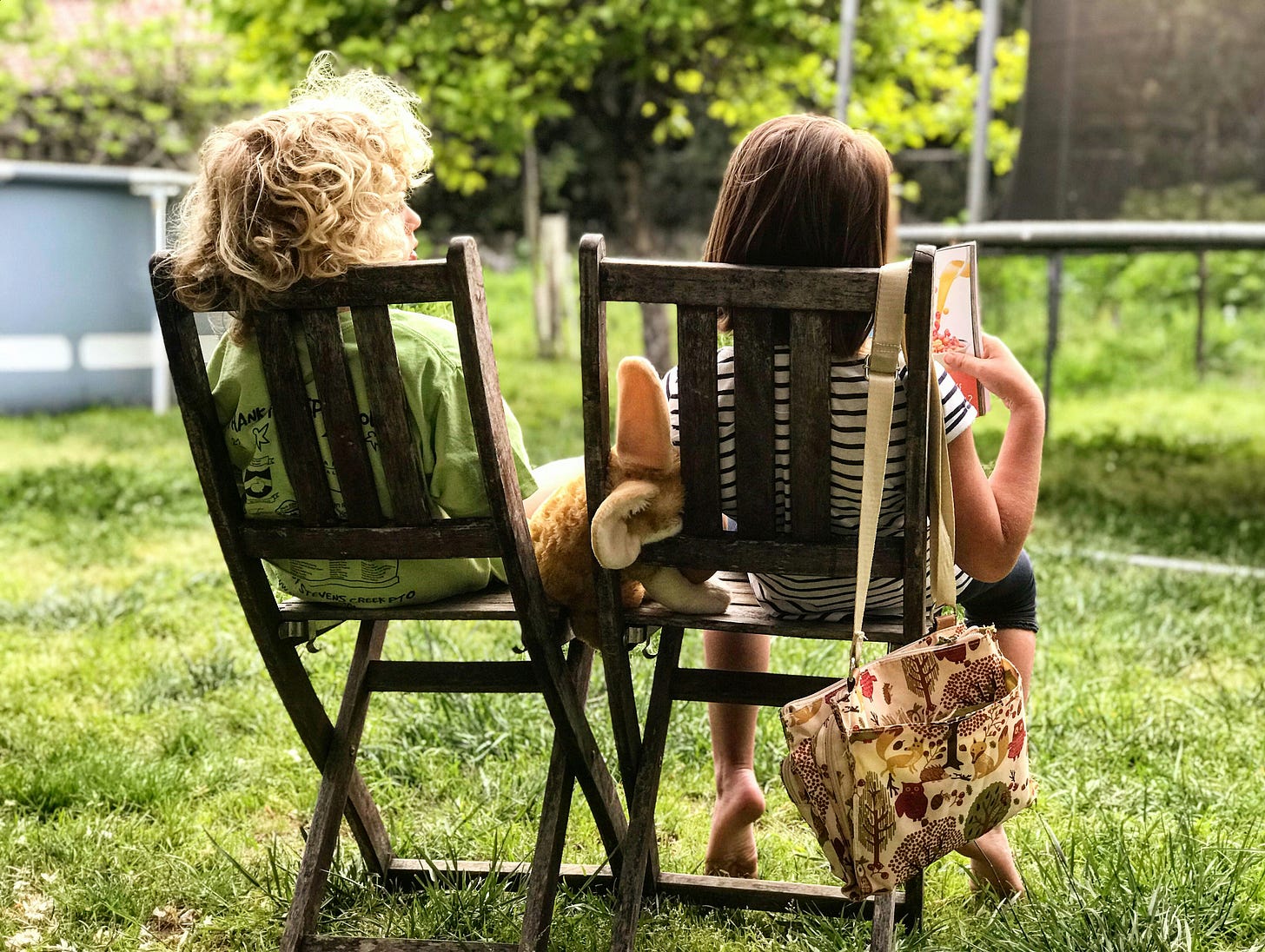Communication Breakthroughs: Listening to Neurodiverse Kids
Why curiosity helps you SHINE as a parent of neurodiverse kids, with Valerie Arbeau
The other day I had the pleasure of interviewing Valerie Arbeau, an inspiring life and health coach, and a resilient mom raising 2 neurodiverse children. The result is a moving podcast episode full of twists and turns, as we follow her 21-year parenting story. Valerie opened up about communication devices, low demand parenting, pathological demand avoidance, autism, adhd, cerebral palsy, and more.
Note that this episode is on the longer side. I couldn’t exclude or separate any part of it; it’s enriching, hopeful, and tender. Join us (via podcast, video, or transcript) as we embrace the curiosity, compassion, and understanding that helps us SHINE as parents of neurodiverse kids.
Our podcast is a baby, and it needs your love to grow!
If you appreciate the strategies, connection, and support here, help it reach other parents! Please go to Apple Podcasts and give it a ⭐️⭐️⭐️⭐️⭐️ review.
Valerie introduces us to the "SHINE Principle" that has guided her through t…
Keep reading with a 7-day free trial
Subscribe to Atypical Kids, Mindful Parents to keep reading this post and get 7 days of free access to the full post archives.




